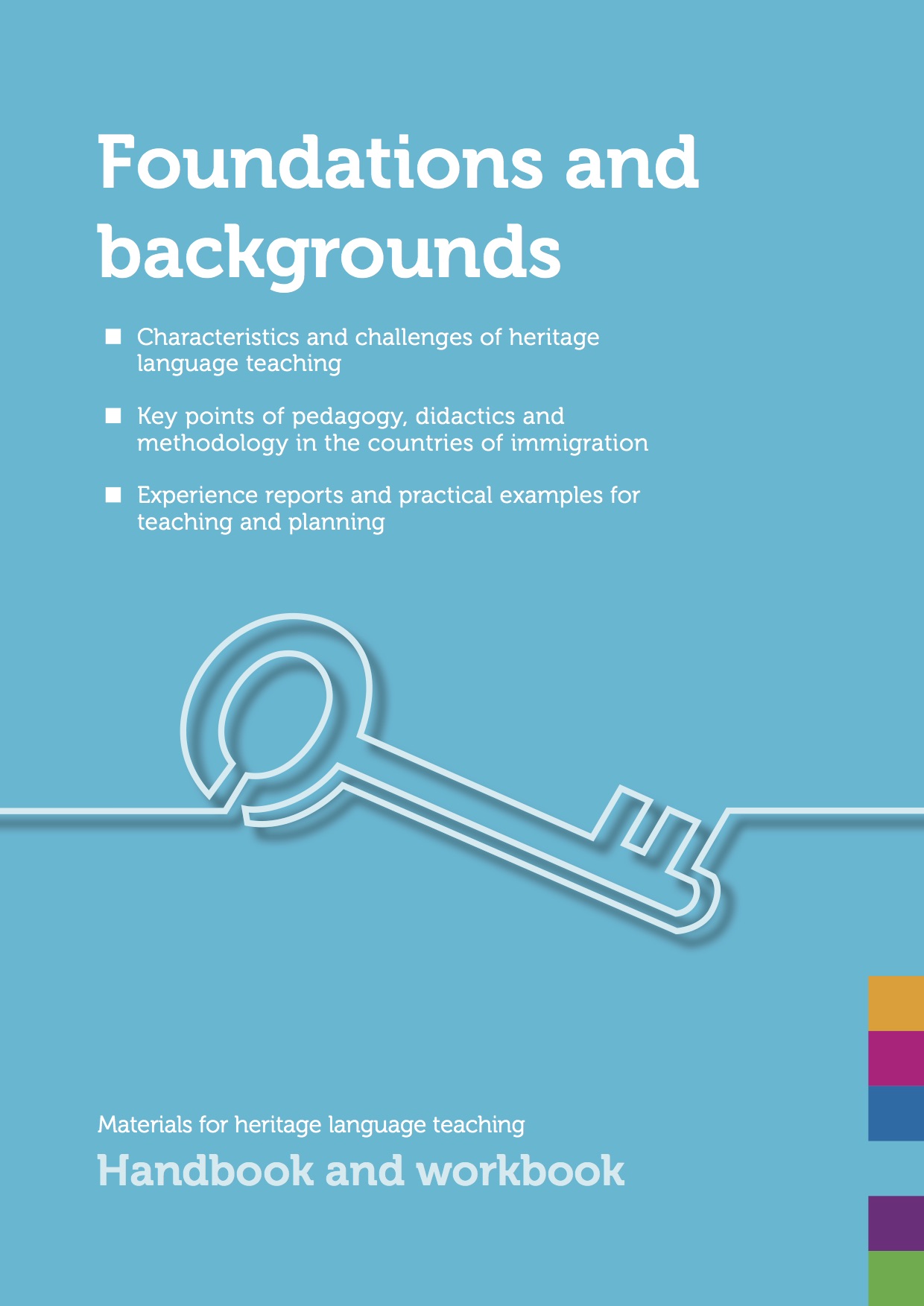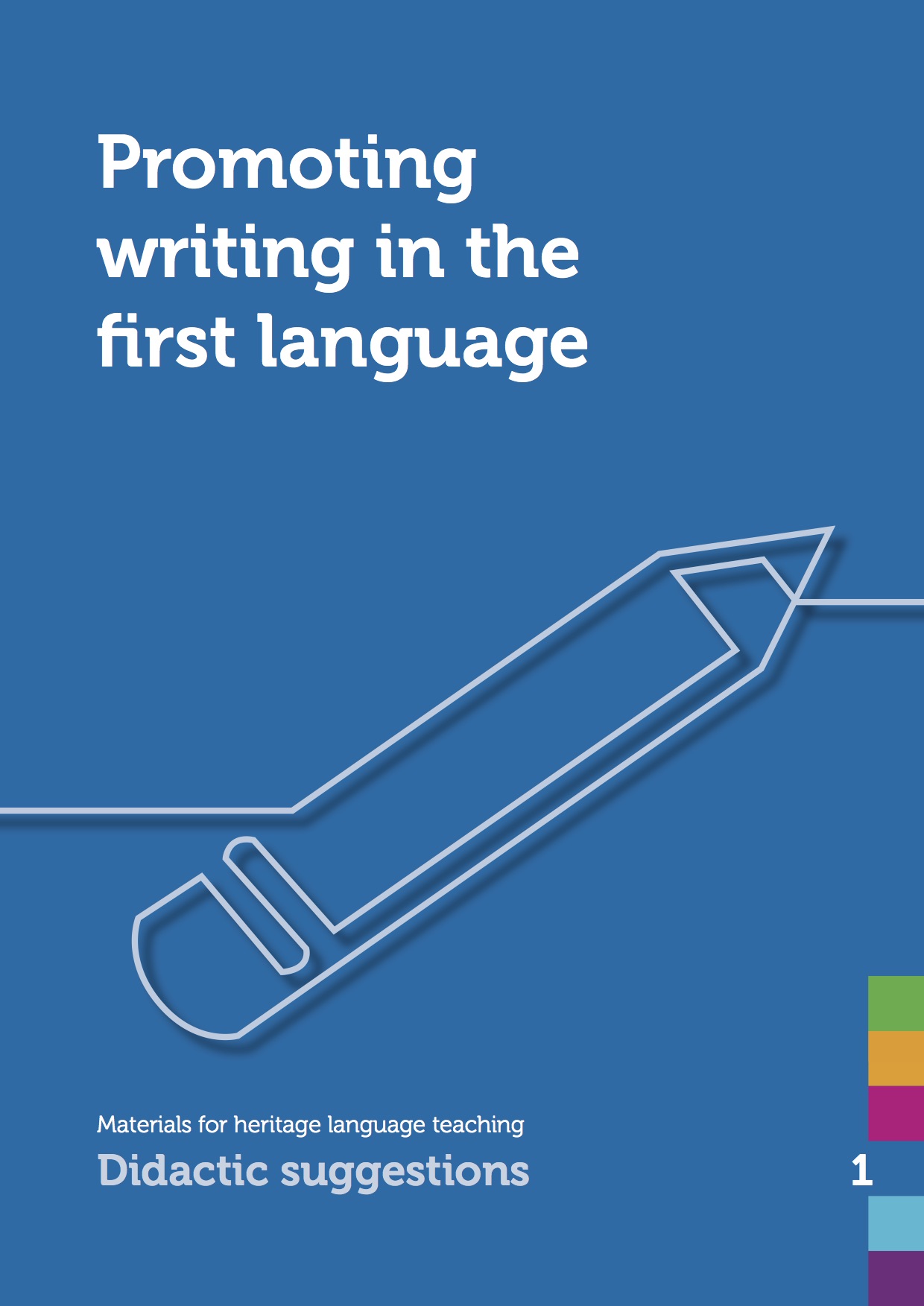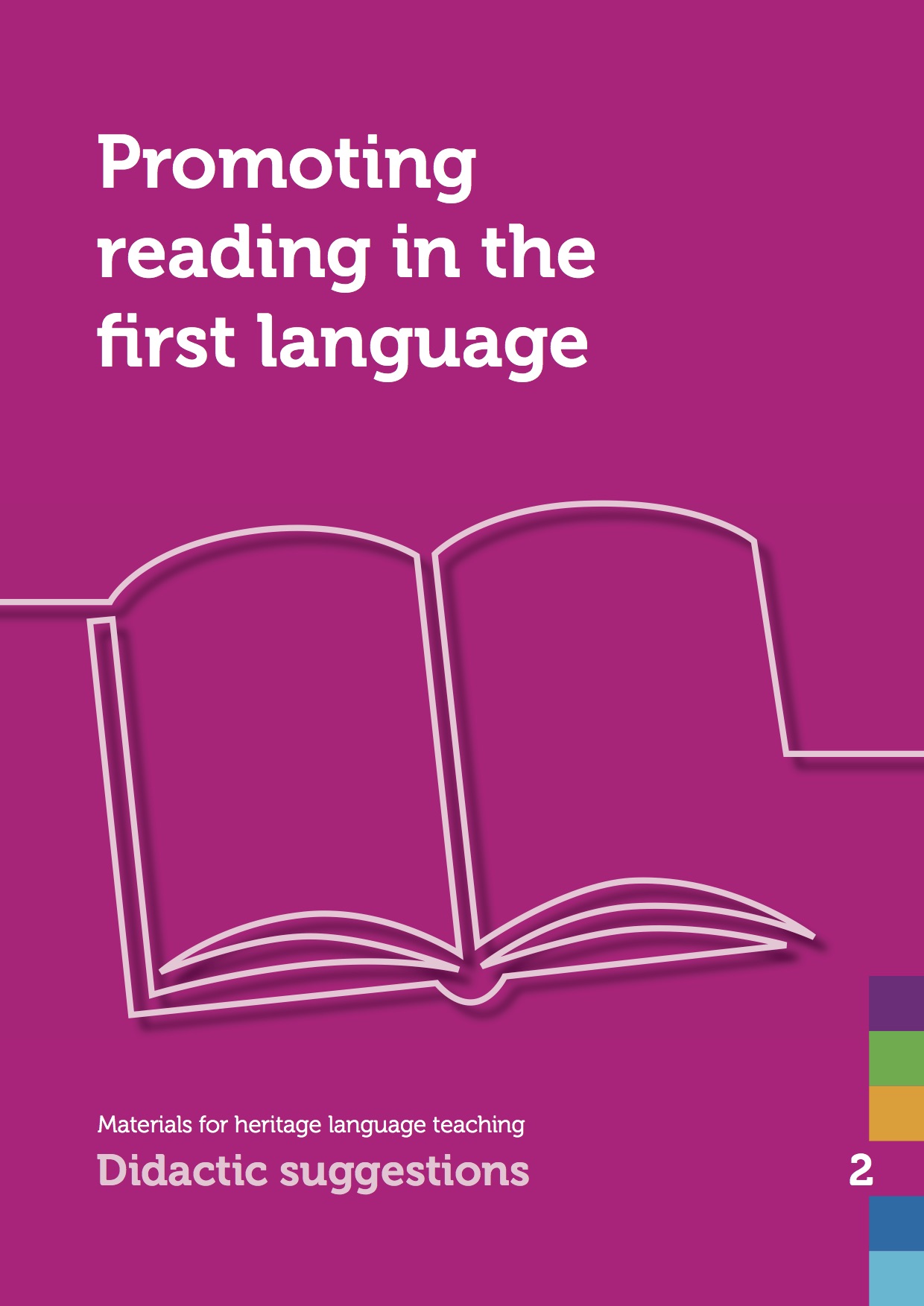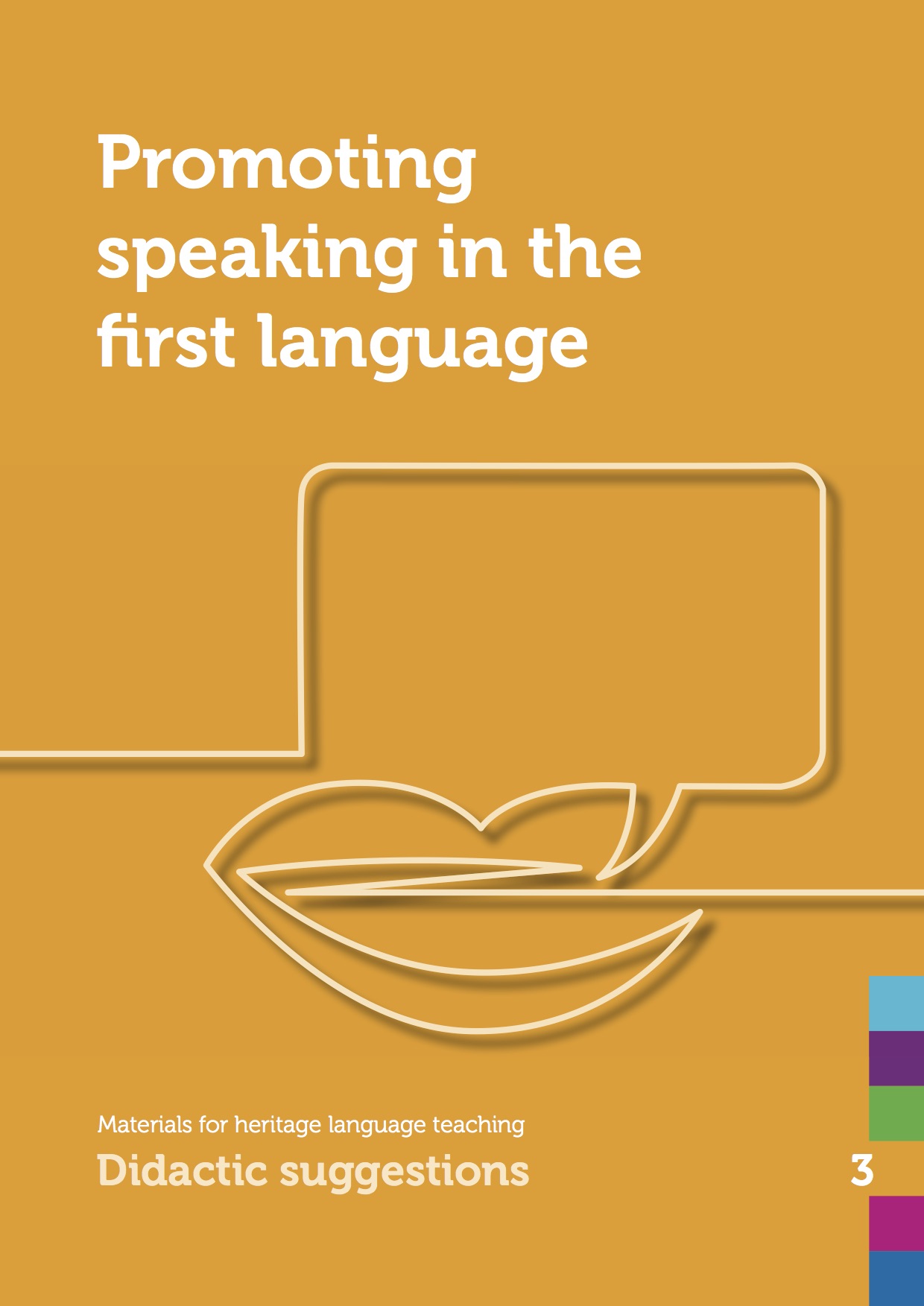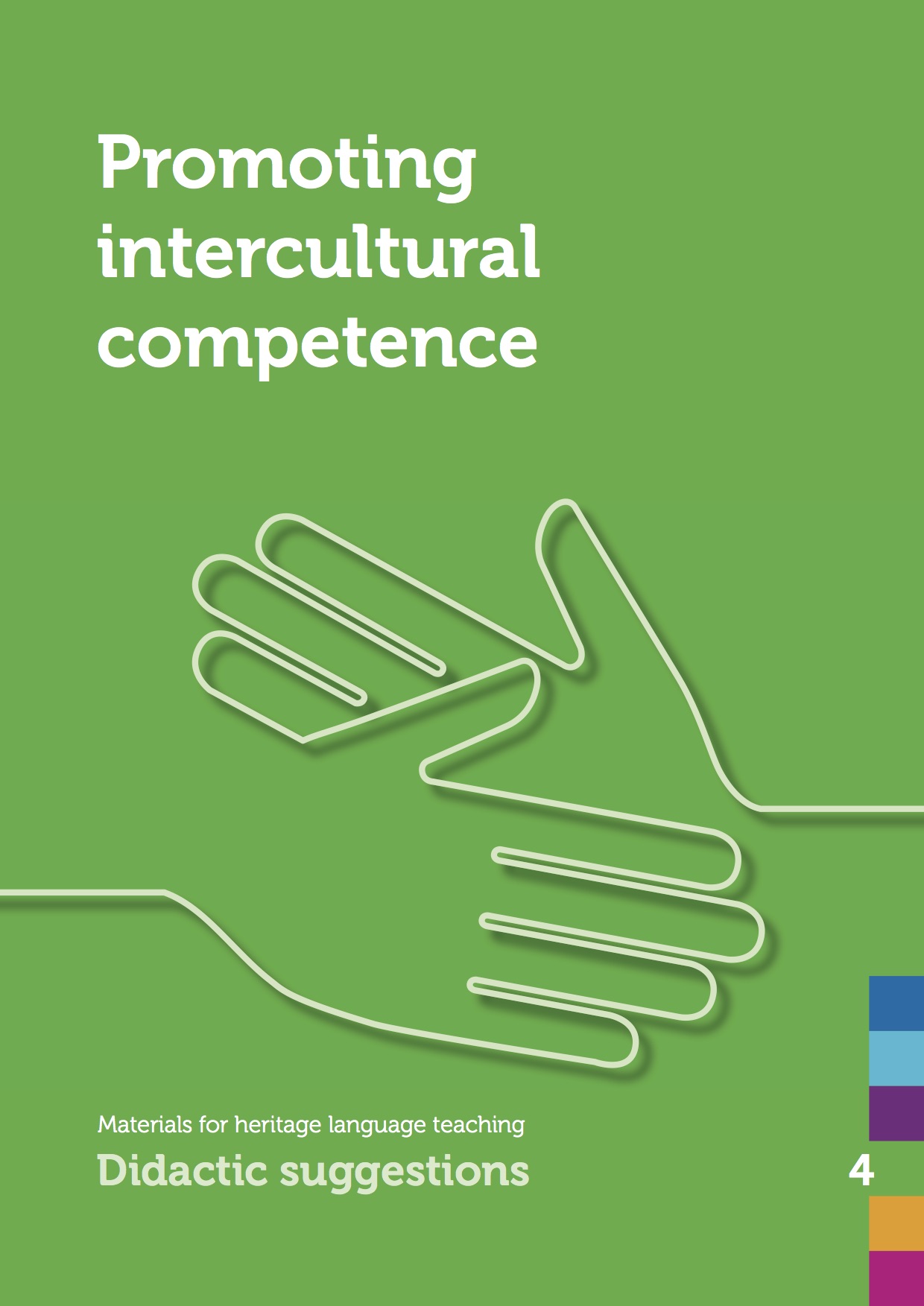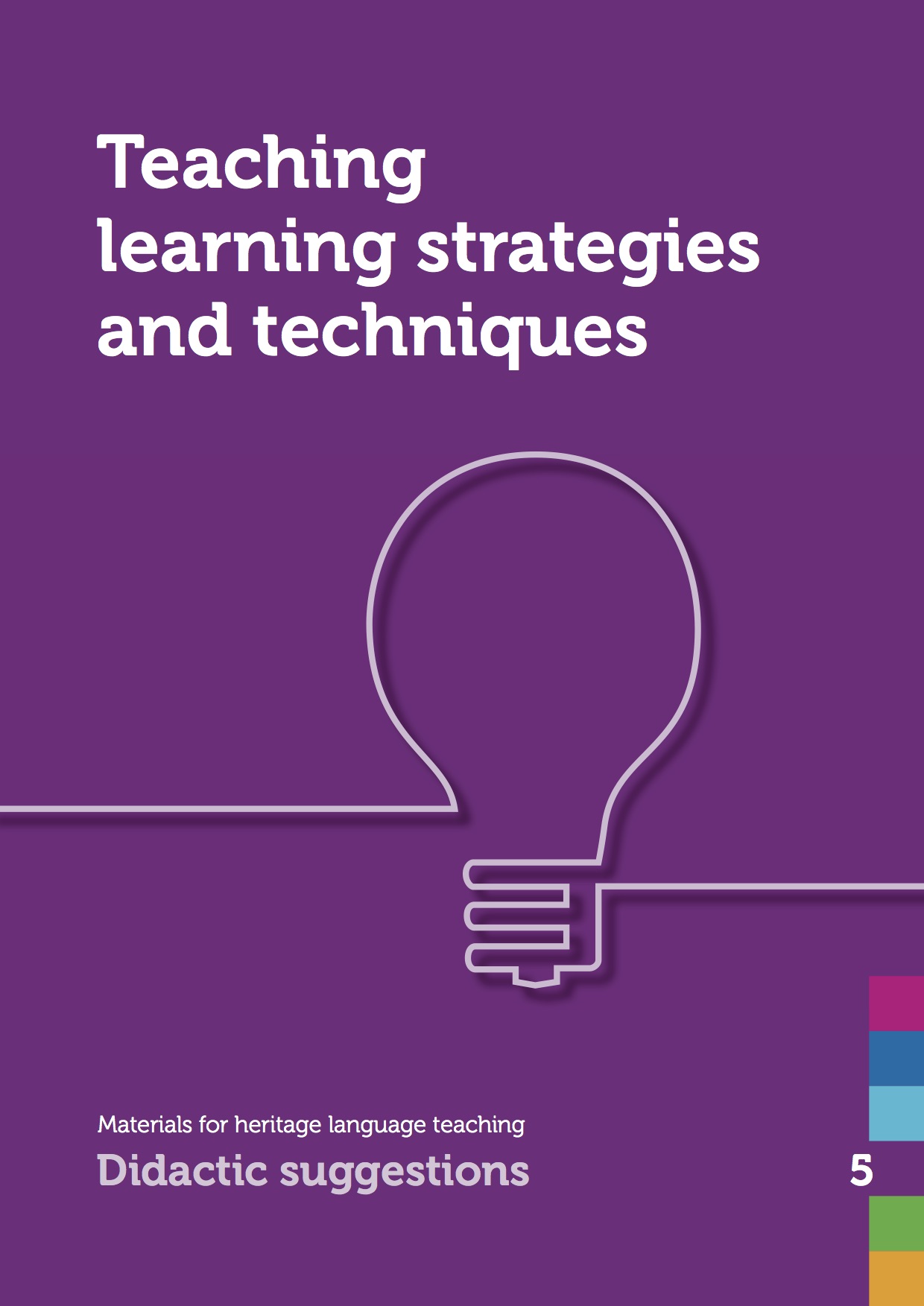Recommendations for implementation
M5
M5 (Quickly locating something in a dictionary or an encyclopedia) begins with the mastery of the alphabet. This is an indispensable, elementary prerequisite in order to be able to use reference works and dictionaries. The various exercises should absolutely be gone through in class (and for further practice at home), until all students can easily orient themselves in the alphabet of their first language. This is level -appropriate from the 3rd grade on. At the same time, the differences between the letters and their sequential use in the first language and the language of the immigration country should be emphasized. In contrast to many other handouts, M5 requires a close monitoring by the instructor.
M6
M6 (Finding your way around books) supports the students in using books, particularly reference books and specialized nonfiction books. Students from educationally disadvantaged families in particular need help in this regard. This practice sheet is best introduced with specific hands-on examples. The instructor brings to class a few specialized texts about a current class topic (e. g. the history of Turkey) and reviews them according to the points raised in M6. The students are then asked to bring to the next lesson a specialized text (in the first or second language) and to introduce them to the class according to the criteria presented in M6.
M7
(To obtain information on the internet and elsewhere): the individual steps outlined on this sheet should first be discussed and practiced in class by way of a specific current topic (e . g. agriculture in Spain; the Roman epoch in the Balkans). In doing so, the use of information sources in the first language should be particularly emphasized and practiced. If possible, the instructor may also provide the class with a list of good internet links in the first language. As part of a later lesson, the students themselves should obtain information from the internet about a certain topic to share with the class. It must be ensured, of course, that all students have access to the internet, be it at home or through a classmate.
Other sources of information like libraries, conversations with experts, electronic consultation of experts, etc., should also be introduced and discussed with the students.

